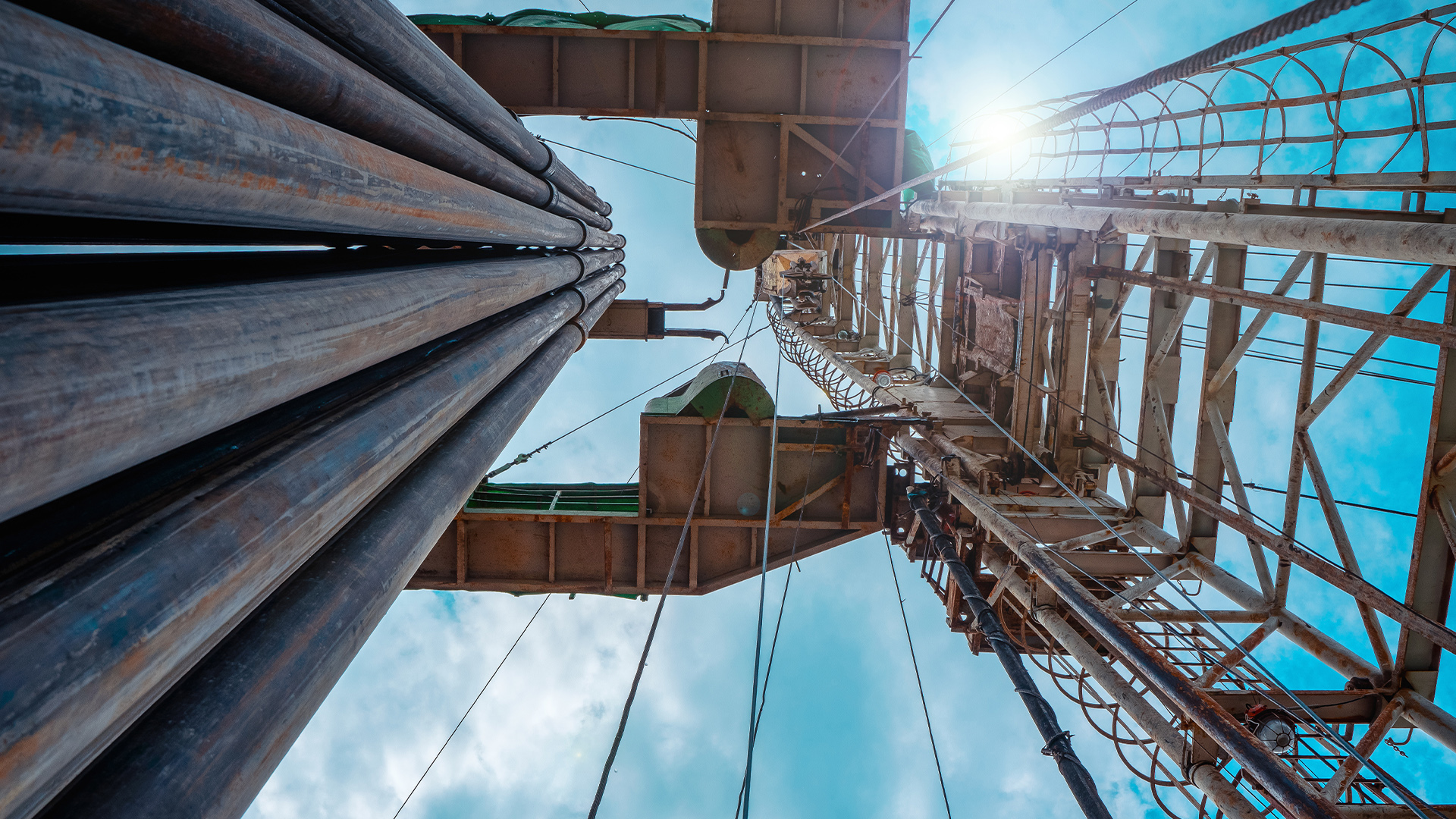The past year has seen various developments in mineral and upstream petroleum law in South Africa which should be considered ahead of Mining Indaba 2024. Apart from the beneficial convergence of, and collaboration between, industry leaders, government officials, investors, and mineral and upstream petroleum companies, the addresses at Mining Indaba 2024 foreshadow policy reform and legislative developments which are geared towards strengthening South Africa’s ability to confront the challenges and opportunities in its mineral and upstream petroleum industries, and enhancing South Africa’s position as an investment destination.
As a point of departure, in July 2023, the Minister of Mineral Resources and Energy (Minerals Minister) hosted a two-day Review Summit on the Mineral and Petroleum Resources Development Act, 2002 (MPRDA) which is the primary source of legislation regarding mineral and upstream petroleum law in South Africa (subject to our paragraphs below in which mention is made of the Upstream Petroleum Resources Development Bill [B13B-2021] (UPRDB)). The purpose of the Review Summit was to reflect on the implementation of the MPRDA and the related challenges, and to identify strategies to determine South Africa’s future legislative framework for its mining industry. At the end of the Review Summit, the Deputy Director-General: Mineral Policy and Promotions, of the Department of Mineral Resources and Energy indicated that the Department would commence drafting an MPRDA amendment bill. A draft MPRDA amendment bill was expected for comment by the end of 2023 but which to date has not happened. From discussions during the Review Summit, it appeared that some of the aspects which had been contained in the lapsed MPRDA Amendment Bill [B15D-2013] might be revisited, and following the judgements which set aside parts of the Broad-Based Socio–Economic Empowerment Charter for the Mining Industry, 2018, empowerment provisions might be inserted into the MPRDA itself by way of a MPRDA amendment act. It is evident therefore that the MPRDA Review Summit ushered in critical insights which could lead to potential amendments of the MPRDA relating to socio-economic empowerment.
The UPRDB proposes significant legislative changes in the context of upstream petroleum in that it seeks to regulate South Africa’s petroleum resources as the stand-alone primary source of legislation, and consequentially, will repeal and replace the relevant sections in the MPRDA which provide for upstream petroleum. The UPRDB has been on the horizon since 2021 when it was introduced by the Minerals Minister in the National Assembly of Parliament for a first reading. Since 2021, the UPRDB has progressed through various legislative processes including being the subject of public hearings in all of the nine provinces of South Africa. A B-version of the UPRDB was approved by the National Assembly Parliamentary Portfolio Committee on Mineral Resources and Energy and was passed by the National Assembly without amendments. It has been referred to the National Council of Provinces and its Select Committee for consideration. The National Council of Provinces must either pass the UPRDB, pass an amended version of the UPRDB, or reject the UPRDB. Should the NCOP pass the UPRDB without amendments, the UPRDB will be submitted to the President of South Africa for assent. A legislative change which is linked to the UPRDB by virtue of references to the “State Petroleum Company” is the draft South African National Petroleum Company Bill, 2023 (SANPC Bill) which, in November 2023, the Minerals Minister published in GN 4062 GG 49711 for public comment. The purpose of the SANPC Bill includes providing for transitional arrangements for the transfer of assets from the South African Gas Development Company (iGas), Strategic Fuel Fund (SFF), and the Petroleum Oil and Gas Corporation of South Africa (PetroSA) to the South African National Petroleum Company, and to manage the State’s participating interest in upstream petroleum rights.
We mention the following in regard to other legislative changes which are relevant in the context of mineral and upstream petroleum.
On 19 May 2023, the Minister of Water and Sanitation published GNR 3434 GG 48639 for public comment which relates to the Revision of Regulations regarding the Procedural Requirements for Water Use Licence Applications and Amendments. On 19 May 2023, the Minister of Agriculture, Land Reform and Rural Development published GN1812 GG 48630 for public consultation regarding the draft Norms and Standards in terms of section 8 of the Spatial Planning and Land Use Management Act, 2013.
On 4 August 2023, the Minister of Forestry, Fisheries and the Environment (Environment Minister) published GN 3773 GG 49081 for public comment which had regard to intended amendments to Listing Notices 1, 2, and 3 of the Environmental Impact Assessment Regulations, 2014 published in terms of the National Environmental Management Act, 1998.
On 1 September 2023, the Environment Minister published GN 3841 GG 49220 which provides for the extension for holders of rights and permits under the MPRDA which had applied for them prior to 20 November 2015 to comply with the Financial Provisioning Regulations, 2015 published in terms of NEMA. The significance of the Financial Provisioning Regulations, 2015 lies in that they require holders of rights or permits under the MPRDA make financial provision for sufficient funds to undertake rehabilitation and remediation of adverse environmental impacts of prospecting, exploration, mining, or production.
On 1 November 2023, the Taxation Laws Amendment Bill [B36-2023] was tabled by the Minister of Finance, which seeks to amend provisions of the Mineral and Petroleum Resources Royalty Act, 2008. On 17 November 2023, the Minister of Water and Sanitation published for public comment the National Water Amendment Bill [B-2023] in GN 4097 GG 49733 which seeks to prohibit open cast mining and underground mining which may lead to acid rock drainage or acid mine drainage.
On 4 January 2024, the Minerals Minister published GN 4238 GG 49974 for public comment regarding to the Integrated Resource Plan, 2023, the main purpose of which is to ensure security of electricity supply by balancing supply with demand whilst also considering the environment and the total cost of supply.
Lastly and in regard to gas, on 19 January 2024 the Minerals Minister published the draft Gas Amendment Bill [B-2023], in GG 50009 for public comment. The draft Gas Amendment Bill seeks to amend the Gas Act, 2001 by providing expressly for the construction of gas transmission, storage, distribution, liquefaction, and re-gasification facilities, the promotion of efficient, effective, and sustainable gas transmission services, and the promotion of competitive and sustainable trade in gas.
In the light of all of the above, it will be important to consider to what extent the proposed legislative changes advance South Africa’s mineral and upstream petroleum industries, and whether such industries may expect further announcements at the Mining Indaba 2024 regarding policy reform or legislative changes which may positively impact such industries, and generally incentivise domestic and foreign investment in South Africa.





